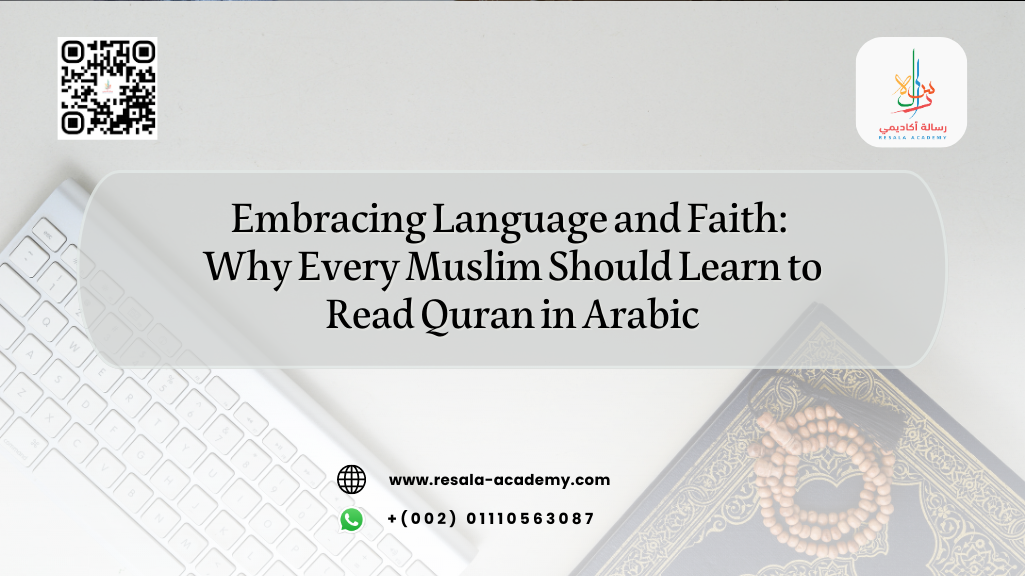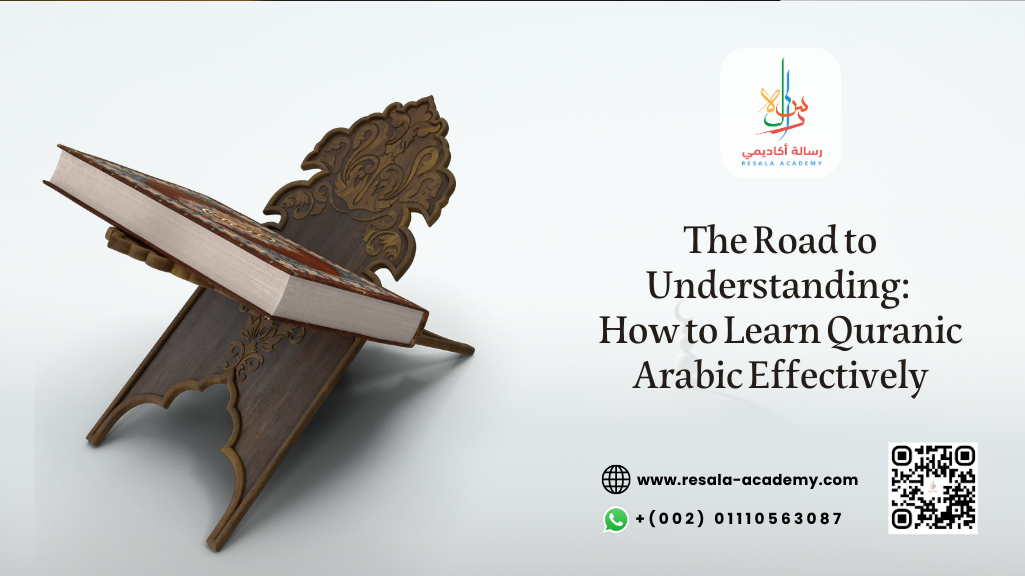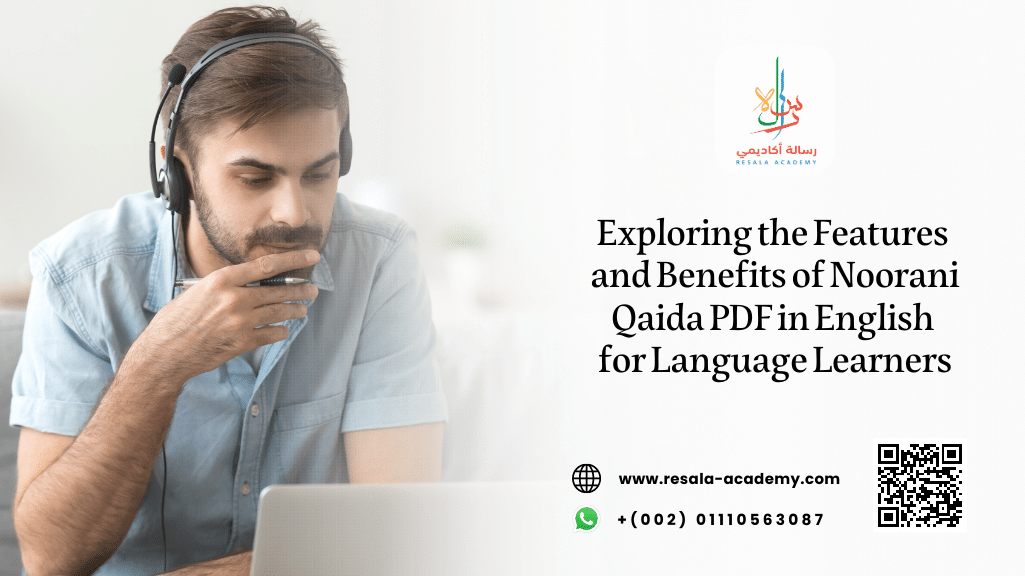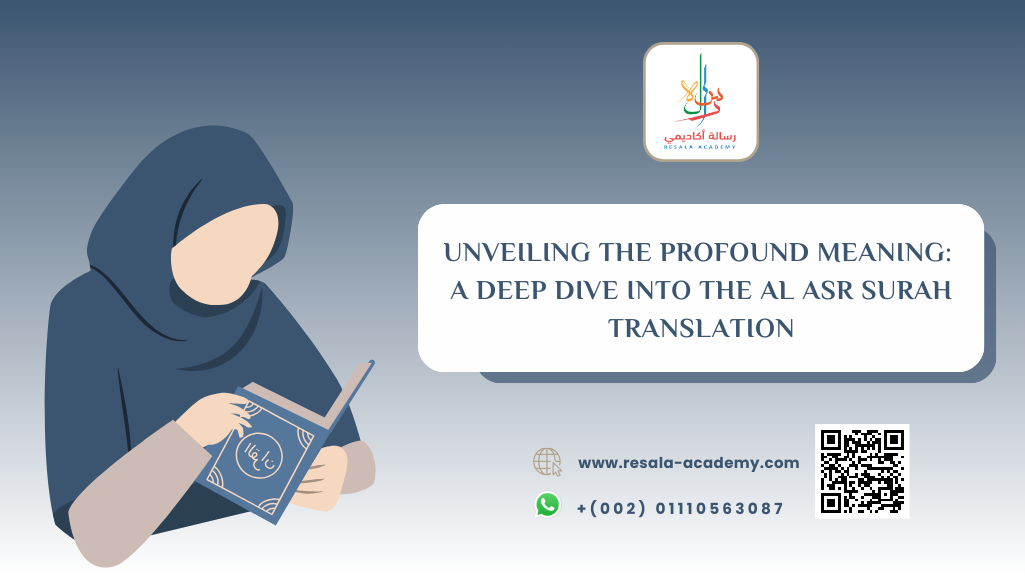Table of Contents
Embracing Language and Faith: Why Every Muslim Should Learn to Read Quran in Arabic
Bismillah! Are you ready to embark on a beautiful journey of faith and language? In this fast-paced world, where technology has made everything readily accessible, it’s easy to rely on translations when it comes to understanding the Quran. But what if I told you that there is immense beauty and reward in reading the Quran in its original Arabic language? Learning how to read Quran in Arabic isn’t just about mastering words and phrases; it’s about delving deep into the heart of Islam itself. It’s about embracing a connection with Allah that transcends translation barriers. So, my dear Muslim brothers and sisters, let us explore together why every one of us should aspire to read the Quran in its sacred Arabic text. Get ready for an enlightening journey as we unravel the importance, rewards, significance, challenges, tools, resources – everything you need to know – about learning Arabic and reading our beloved Quran. Let’s dive right in!
Understanding the Importance of Reading the Quran in Arabic
The Quran is not just any book; it is the divine revelation from Allah to humanity. It holds within its pages the words of our Creator, guiding us in every aspect of life. When we read the Quran in Arabic, we connect directly with those sacred words and experience a profound sense of spirituality.
Reading the Quran in Arabic allows us to grasp its true essence without relying on translations that may inadvertently lose some nuances or meanings. The original language carries a depth and beauty that cannot be fully captured in any other tongue.
Moreover, understanding the importance of reading the Quran in Arabic helps us develop a stronger bond with our faith. It enables us to engage with Islam on a deeper level by immersing ourselves in its linguistic heritage and cultural context.
By learning to read the Quran in Arabic, we also gain access to valuable insights into Islamic history, traditions, and teachings that might otherwise remain hidden. This knowledge empowers us as Muslims, giving us an enriched understanding of our religion’s core principles and values.
So let’s embrace this significance together – let’s strive towards acquiring proficiency in reading the Quranic Arabic language so that we can truly appreciate its divine wisdom and embark on a transformative spiritual journey like no other!
Exploring the Rewards of Reading the Quran in Arabic
The rewards of reading the Quran in Arabic are truly awe-inspiring. When we take the time to learn this sacred language, a whole new world unfolds before us. It’s like unlocking a treasure chest filled with wisdom and guidance.
Reading the Quran in Arabic allows us to connect more deeply with our faith. By understanding the words of Allah directly from their source, we can better grasp the true essence and meaning behind each verse. This connection enhances our spiritual journey and strengthens our relationship with our Creator.
There is an immense reward in reciting the Quran in its original language. The Prophet Muhammad (peace be upon him) said that for every letter one reads from the Quran, they receive ten rewards. Imagine how many blessings could be earned by immersing ourselves in the beauty of Arabic script!
Furthermore, when we read the Quran in Arabic, we gain access to a deeper level of comprehension and insight into its teachings. Translations may provide an interpretation of meanings but cannot fully capture all nuances conveyed through word choice or linguistic structures present only in Arabic.
Learning to read the Quran in Arabic opens up doors for personal growth and intellectual development. It challenges us to expand our knowledge base and acquire new skills while also fostering discipline and patience.
In conclusion, Exploring these rewards highlights why every Muslim should strive to learn how to read the Quran in Arabic! By doing so, we not only deepen our understanding but also enhance our connection with Islam on multiple levels – spiritually, intellectually, and emotionally.
The Significance of Arabic in Islam
Arabic, the language of the Quran, holds immense significance in Islam. It is not just a means of communication but also an integral part of the faith itself. The beauty and depth of Arabic are unparalleled, carrying with them centuries of history and wisdom.
Arabic is considered to be the language chosen by Allah to convey His message to humanity through Prophet Muhammad (peace be upon him). By reading the Quran in its original form, we have a direct connection to the divine words and teachings. It allows us to understand Allah’s guidance without any loss or distortion in translation.
Learning Arabic deepens our understanding and appreciation for Islamic literature and scholarship. Many renowned scholars wrote their works in Arabic, ranging from theology and jurisprudence to poetry and philosophy. By studying this rich literary tradition, we gain access to a vast wealth of knowledge that enriches our spiritual journey.
Moreover, Arabic plays a pivotal role in preserving Islamic traditions and rituals. From performing daily prayers to reciting supplications during the Hajj pilgrimage, knowing how to read Quranic verses enhances our experience as Muslims. We can engage with these practices more fully when we comprehend their meanings directly from the source.
Mastering Arabic fosters unity among Muslims worldwide. Regardless of nationality or cultural background, all Muslims share a common bond through their devotion to Islam. Learning Arabic enables us to communicate effectively with fellow believers from different countries while fostering a sense of community rooted in shared values.
In summary, The significance of Arabic cannot be overstated within Islam – it serves as a direct link between believers and Allah’s divine message; it grants access to centuries-old literature; it facilitates participation in religious rituals; and it unifies Muslim communities across borders.
Overcoming Challenges: Learning Arabic to Read the Quran
Learning Arabic can be a daunting task, especially for those who are not familiar with the language. However, when it comes to reading the Quran, overcoming this challenge becomes essential. The beauty and depth of the Quran can truly be experienced when we understand its words in their original form.
One of the main challenges in learning Arabic is the unfamiliarity with its script and pronunciation. The Arabic alphabet may seem complex at first, but with dedication and practice, anyone can learn to read it fluently. Taking small steps each day towards mastering this ancient language will eventually lead to a deeper connection with the words of Allah.
Another obstacle that individuals face is finding appropriate resources for learning Arabic specifically for Quranic purposes. Thankfully, there are numerous books, online courses, and apps available that cater specifically to those who wish to learn Arabic solely for understanding the Quran.
Time management is another hurdle that many people encounter when trying to learn a new language while balancing other responsibilities. It’s important to set aside dedicated time each day or week for studying Arabic so that progress can be made consistently over time.
By facing these challenges head-on and dedicating ourselves to learning Arabic, we open up a whole new world of understanding and connection with our faith. Reading the Quran in its original language allows us to fully appreciate its linguistic nuances and dive deep into its profound teachings.
Tools and Resources for Learning Arabic and Reading the Quran
Learning Arabic and reading the Quran in its original language may seem like a daunting task, but with the right tools and resources, it becomes an achievable goal. Whether you’re a beginner or looking to enhance your existing knowledge, there are numerous options available to help you on this journey.
1. Online Courses: Many websites offer comprehensive Arabic courses specifically designed for those interested in reading the Quran. These courses provide step-by-step lessons and interactive exercises to facilitate learning at your own pace.
2. Mobile Apps: In today’s digital age, mobile apps have become invaluable tools for language learning. Several apps focus specifically on teaching Arabic and Quranic vocabulary, providing audio pronunciations and practice exercises.
3. Language Exchanges: Engaging in conversations with native speakers can significantly improve your language skills. Joining language exchange platforms allows you to connect with fluent Arabic speakers who can guide you through pronunciation and comprehension while also giving you insight into Islamic culture.
4. Traditional Resources: Don’t underestimate the power of books! Libraries or online bookstores often carry textbooks dedicated to teaching Arabic grammar and vocabulary, making them valuable companions on your journey toward understanding the Quran better.
Remember, learning a new language takes time and dedication; don’t be discouraged by challenges along the way! Embrace these tools as stepping stones towards deepening your connection with the sacred text of Islam.
Online Platforms for Quranic Arabic Learning
In this digital age, learning Quranic Arabic has become more accessible than ever before. Thanks to the power of technology, there are now numerous online platforms that offer comprehensive courses in Quranic Arabic. These platforms provide a flexible and convenient way for Muslims from all around the world to embark on their journey of understanding the words of Allah.
One such platform is Resala Academy, which offers interactive online classes specifically tailored to teach Quranic Arabic. With experienced instructors and a structured curriculum, students can progress at their own pace while receiving personalized guidance and feedback. The convenience of online learning allows individuals to fit their studies into busy schedules without compromising on the quality or depth of their education.
Additionally, many online forums and communities dedicated to Quranic Arabic learning have emerged over the years. These platforms serve as spaces where learners can connect with fellow enthusiasts, seek guidance from experts in the field, share resources, ask questions, and engage in discussions about linguistic nuances found within the text.
With an abundance of options available at our fingertips today through these online platforms – whether it’s structured courses or informal forums – aspiring learners have no excuse not to dive into the beauty of reading the Quran in its original language! So why wait? Embark on your journey towards understanding Allah’s message by exploring these incredible resources available just one click away!
Enhancing Your Connection to the Quran through the Arabic Language
The beauty of the Quran lies not only in its message but also in its language. By learning to read and understand the Quran in Arabic, you can deepen your connection with this sacred text and gain a deeper understanding of Islam.
Reading the Quran in its original language allows you to experience it as it was intended by Allah. It opens up a world of nuance and depth that translations often fail to capture. The rhythmic flow of Arabic verses adds an extra layer of spiritual significance, immersing you in the divine words.
By studying Arabic to reading the Quran, you will be able to grasp subtle linguistic nuances that may be lost in translation. This deeper understanding brings new insights into key concepts such as faith, worship, mercy, and justice.
Learning Arabic not only enhances your connection with the Quran but also strengthens your overall Islamic knowledge. It enables you to engage more deeply with Islamic traditions, literature, and history and develop a greater appreciation for Islamic scholarship.
By embracing Arabic as part of your journey toward understanding Islam better, you are opening yourself up to limitless opportunities for spiritual growth and enrichment. Take advantage of online resources or join classes specifically designed for learning Quranic Arabic – these platforms make it easier than ever before to embark on this rewarding path.
Embracing Language and Faith: Stories of Muslims Who Read Quran in Arabic
One of the most beautiful aspects of Islam is its rich linguistic tradition. For Muslims around the world, reading the Quran in Arabic holds immense importance. It not only deepens their understanding of the teachings but also strengthens their connection to their faith.
Many Muslims have shared inspiring stories about how learning to read the Quran in Arabic has transformed their spiritual journey. They speak of a profound sense of peace and tranquility that washes over them as they immerse themselves in the sacred words. The beauty and eloquence of Allah’s message come alive when recited in its original form.
These individuals recount moments when they felt an overwhelming closeness to Allah through recitation. The rhythmic flow, melodic tones, and intricate pronunciation patterns bring forth a deeper appreciation for every verse’s meaning. Through this personal exploration, they find solace, guidance, and inspiration within the depths of each word.
Their experiences serve as a reminder that embracing Arabic language skills can unlock a treasure trove within oneself – allowing for an even more meaningful relationship with both language and faith alike. By delving into this linguistic journey, these individuals have discovered new layers of wisdom within themselves – all while fostering a stronger bond with their Creator.
The stories shared by these devoted believers highlight just how transformative learning to read Quran in Arabic can be on an individual level—illuminating hearts with faith and minds with knowledge—bringing us closer to our Creator than ever before.
Misconceptions about Reading the Quran in Arabic
1. “I don’t need to learn Arabic to understand the Quran.”
Many Muslims mistakenly believe that they can fully comprehend the meanings of the Quran through translations alone. While translations provide valuable insights, they cannot capture the depth and richness of the original Arabic text. Learning Arabic allows you to directly engage with Allah’s message without any intermediaries.
2. “Learning Arabic is too difficult.”
Yes, learning a new language can be challenging, but it is certainly not impossible. With dedication, patience, and consistent practice, anyone can acquire a solid foundation in Quranic Arabic. There are various resources available today that make learning easier and more accessible than ever before.
3. “Only scholars or experts should read the Quran in Arabic.”
Reading the Quran in its original language is not limited to scholars or experts only; it is an open invitation for every Muslim regardless of their educational background or proficiency level in Arabic. The beauty of Islam lies in its inclusivity and accessibility for all believers.
4. “Arabic reading skills are irrelevant in modern times.”
In our increasingly interconnected world, where technology has made knowledge more accessible than ever before, embracing the language of our faith becomes even more important as it strengthens our connection with Allah and His words. Moreover, understanding classical Islamic texts written in Arabic enables us to explore profound insights from centuries-old scholarship.
Let go of these misconceptions and embark on a journey towards connecting deeply with your faith by reading the Quran in its original form – embrace both language and spirituality!
Online classes for learning the Quran in Arabic with Resala Academy
Are you ready to embark on a transformative journey of learning Quranic Arabic? Look no further than Resala Academy’s online reading Quran in Arabic classes! With their expert instructors and innovative teaching methods, you can now dive into the depths of the sacred language from the comfort of your own home.
Resala Academy understands that not everyone has access to traditional Arabic courses or qualified teachers. That’s why they have created an online platform that brings together passionate learners and experienced tutors. Through interactive lessons, comprehensive study materials, and personalized guidance, Resala Academy ensures that every student receives the support they need to excel in their Quranic Arabic studies.
One of the unique aspects of Resala Academy’s online classes is their emphasis on practical application. You won’t just be memorizing vocabulary lists; instead, you’ll actively engage with authentic Quranic texts right from the beginning. This immersive approach allows you to not only understand the meaning but also appreciate the eloquence and beauty of Allah’s words.
Whether you’re a beginner looking to start your journey or an advanced learner seeking to refine your skills, Resala Academy offers a range of courses tailored to suit your needs. From basic grammar and pronunciation lessons to in-depth analysis of complex verses, their curriculum covers all aspects necessary for mastering Quranic Arabic.
So why wait any longer? Join Resala Academy’s online reading Quran in Arabic classes today and unlock a world where faith and language intertwine harmoniously. Start your journey towards understanding Allah’s message as it was intended – through His divine words in their original form.
FAQs
1. Is it necessary for every Muslim to learn Arabic to read the Quran?
Learning Arabic is not mandatory for all Muslims, but it is highly recommended if one wants a deeper understanding of the Quran. It allows you to connect directly with Allah’s words and grasp the nuances that may be lost in translation.
2. Can I read translations instead of learning Arabic?
Translations are helpful for those who cannot understand Arabic, but they can never fully capture the essence and depth of the original text. Learning Arabic opens up a world of spiritual growth by enabling direct engagement with the divine message.
3. How long does it take to learn enough Arabic to read the Quran?
The time required varies depending on individual dedication, resources utilized, and prior language knowledge. With consistent effort and proper guidance from qualified teachers or online platforms like Resala Academy, you can start reading basic verses within months.
4. What if I struggle with language learning?
Learning any new language can be challenging at first, especially one as complex as Arabic. However, don’t let this deter you! Embrace each step of your journey and lean on supportive communities that provide valuable tools for overcoming difficulties along the way.
Remember: there are no silly questions when seeking knowledge about Islam and its teachings! Stay curious and keep exploring as you embark on your quest to read the Quran in its original form – an endeavor filled with immense reward and spiritual fulfillment.
Conclusion
In a world where language and faith intersect, embracing Quranic Arabic is an essential journey for every Muslim. By learning to read the Quran in its original language, we unlock a deeper understanding of its teachings, connect more intimately with our faith, and experience the beauty of Allah’s words in their purest form.
The importance of reading the Quran in Arabic cannot be overstated. It allows us to comprehend the true meaning behind each verse, ensuring that we do not rely solely on translations that may inadvertently lose some nuances. When we recite the verses as they were revealed to Prophet Muhammad (PBUH) over 1,400 years ago, it creates a profound spiritual connection between us and our Creator.
Moreover, exploring this linguistic journey brings great rewards. The act of striving to learn and understand Arabic demonstrates our dedication to seeking knowledge for His sake. As we immerse ourselves in studying this sacred language and engage with its intricacies, we are rewarded both spiritually and intellectually.
Arabic holds immense significance within Islam itself. It is considered the language through which Allah chose to communicate His message directly to mankind. Understanding Arabic enables us to fully appreciate the eloquence and power imbued within every word of the Quran – a testament to its divine origin.
Learning any new language can be challenging but mastering Arabic is particularly rewarding because it opens doors beyond just reading the Quran. With countless resources available today – from online platforms offering personalized lessons tailored specifically for Muslims eager to learn how to read Qur’an fluently in Arabic such as Resala Academy – there has never been a better time or opportunity for Muslims around the world who want access to these depths themselves!
To overcome challenges associated with learning Arabic and reading Qur’an fluently requires determination patience discipline commitment daily practice consistent effort support guidance constructive feedback community encouragement willpower motivation resilience perseverance passion love devotion immersion authentic materials real-life conversations cultural exposure authentic contexts and most importantly the blessings of Allah.




